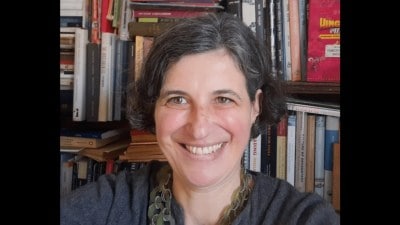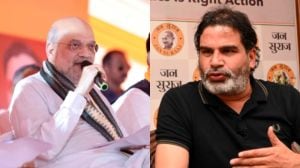Assam undertrials languish in asylums
Machang Lalung was 23 when he was brought to Guwahati central jail as an undertrial. Fifty-four years on, he is still waiting for a trial as...

Machang Lalung was 23 when he was brought to Guwahati central jail as an undertrial. Fifty-four years on, he is still waiting for a trial as he languishes in a mental asylum at Tejpur even though doctors at the LGB Regional Institute of Mental Health there say he is not insane.
Machang, perhaps the longest-serving undertrial in India, has not spoken to anyone for years — he last had a visitor 40 years ago. Today, he quietly tends the hospital garden.
But Machang is not alone at the Tejpur institute. Four other undertrials – Khalilur Rehman, Anil Kumar Burman, Sonamani Deb and Parbati Mallik – have been around for over 30 years each.
Chaman Lal, special rapporteur for the National Human Rights Commission (NHRC), stumbled on Machang’s story during a recent visit to the Tejpur hospital. The rights panel today issued notices to the Assam government to explain why the five undertrials remain imprisoned for no reason. The NHRC has asked the chief secretary and the inspector-general of police to send their replies within two weeks.
Machang was sent to hospital as an undertrial on April 14, 1951. But until August 9, 1967 he was shown to be mentally unfit to defend himself. Each year the police update their records showing Machang as ‘‘insane’’ and an undertrial under section 326 of the IPC.
Rehman, who hails from Nagaon, has been in judicial custody since 1963. His file shows his conviction under section 302 was set aside by the High Court on April 30, 1968 before he was admitted to a mental hospital. All these years Rehman has been treated as a prisoner while he was entitled to treatment for mental illness as a free man. The hospital wrote to his family in July 1984 about his discharge; his relatives agreed to take Rehman back initially but later backed out.
Burman’s story is equally shocking. He was sent to hospital from Dubri Jail in 1971 after being acquitted of charges. His family sought his release but police said Burman could not be freed since his file and address was “untraceable”.’ But Burman was lucky, with his son-in-law turning up to take him back on March 30, 2005, 31 years after doctors declared him fit.
Sonamani was admitted to a mental asylum at 16 on July 5, 1972. He was found “not guilty” in November 1971 but remained lodged in jail as a prisoner for 32 years.
Parbati of Silchar, accused of murdering her mother, was admitted to a mental asylum on May 9, 1977. She was declared fit to stand trial after a year, but is yet to be freed or stand trial.



- 01
- 02
- 03
- 04
- 05




























